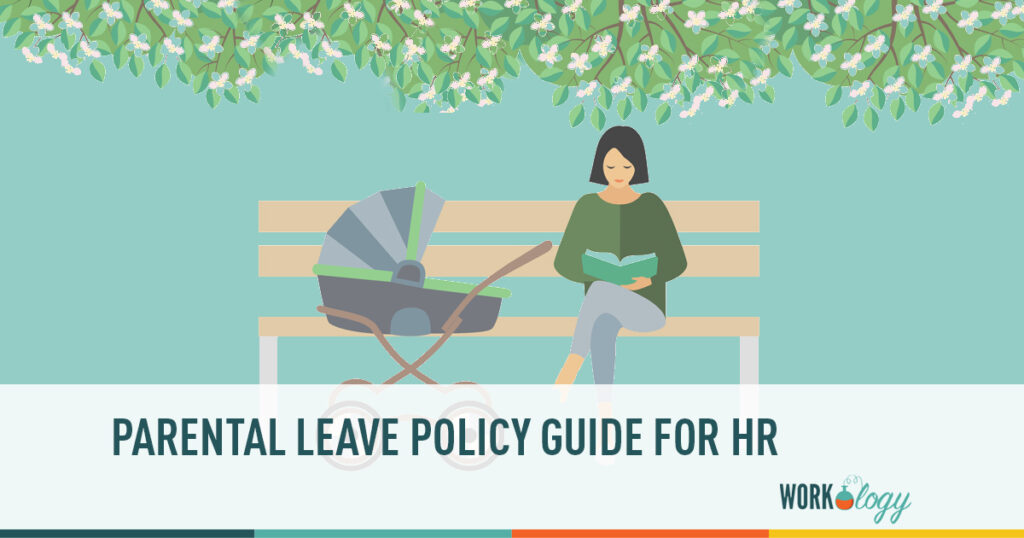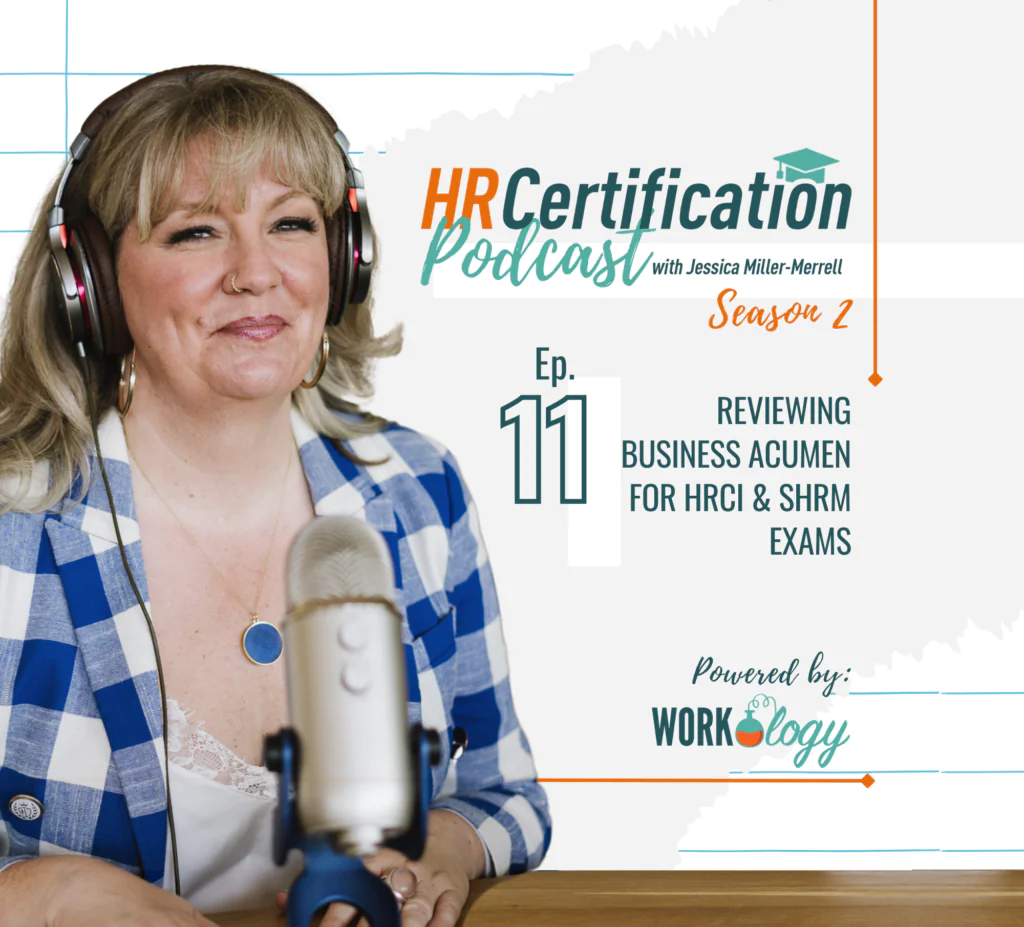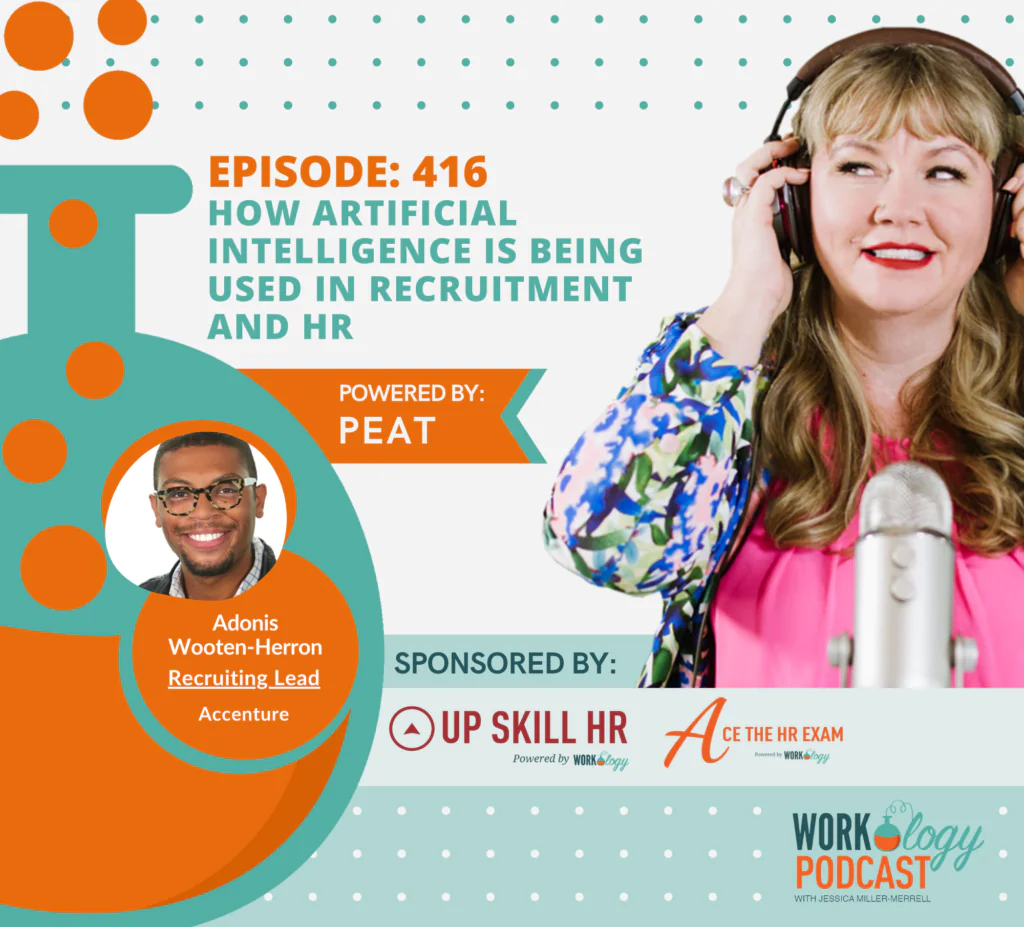Parental Leave Policy Guide for HR
What is Parental Leave?
Parental leave is a benefit provided to employees that allows them to take time off whenever they need to care for young children, especially infants. Parental leave is an incredibly important benefit. Employees need to know that if they intend to start or add to their family, their employer has their back and will let them take the time off that they need. Having a solid, generous parental leave policy can make employees feel more taken care of, increase trust, and foster a sense of community with the company.
Parental leave can be paid or unpaid, but paid parental leave is not currently required in the United States. FMLA is a different policy, which I’ll cover later.
Parental leave can sometimes last up to four months or more, depending on your company’s policy and certain state laws.
Do parents who are adopting have access to parental leave?
Many companies offer parental leave to adopting parents. Parents who recently have adopted a child need time to get in the groove of parenting just like any other parent.
What if the employee is not the primary caregiver?
A good deal of companies just have a “maternal” leave policy, only offering leave to new mothers. More and more companies now are implementing a leave policy that includes more inclusive language, and that covers more than just the primary caregiver. If an employee is a secondary caregiver, some employers will offer them leave, as well (although usually less than if the employee was a primary caregiver).
How is parental leave different from FMLA?
FMLA, or the Family and Medical Leave Act, is a federal law that gives employees at eligible companies up to 12 weeks of unpaid leave for a variety of family or medical needs, including the birth, adoption, or fostering of a child; a serious health condition that either the employee or a member of their family has; or certain needs that the employee or family have related to military service.
FMLA only applies to businesses of a certain size and to employees who have worked there for more than a year. It’s generally a good idea for your company to have a separate paid parental leave policy that can cover more.
What about short-term disability?
A short-term disability insurance policy covers an employee while they are undergoing surgery, illness, or giving birth. This often only partially covers an employee’s income while they’re recovering. For example, an employee who is eligible for FMLA but who wants paid leave can use short-term disability to receive a portion of their income while they’re taking time off.
If you want to learn more about the different types of paid and unpaid time off, you can check out this post: 12 Types of Paid and Unpaid Leave and Time Off | Workology
Sample Policy
Here is a sample policy that your company can use as a template:
Eligible employees can be provided 12 weeks of paid parental leave following the birth, adoption, or fostering of a child. This policy will run concurrently with FMLA leave.
Employees are eligible if:
– The employee has been employed as a full or part-time employee with the company for at least one year, and
– The employee has given birth to a child, their spouse or partner has given birth to a child, they have adopted a child, or they have been placed with a foster child aged 17 or younger.
If there is a multiple birth or adoption or fostering of multiple children, the 12-week total amount is not increased.
The employee will be compensated on a biweekly basis on the usual pay dates per their regularly scheduled work time.
The 12 weeks must be taken consecutively.
The 12 weeks of paid parental leave will occur after the conclusion of any short-term disability leave provided to the employee due to their own medical recovery following childbirth.
The employee is not eligible for any unused paid parental leave time to be paid following termination or upon return from paid parental leave.
Employees must provide notice at least 30 days prior to the intended date of leave.










2 Comments
NIce blog on parental leave policy guide. thanks!
Of course! Happy to help.
Comments are closed.